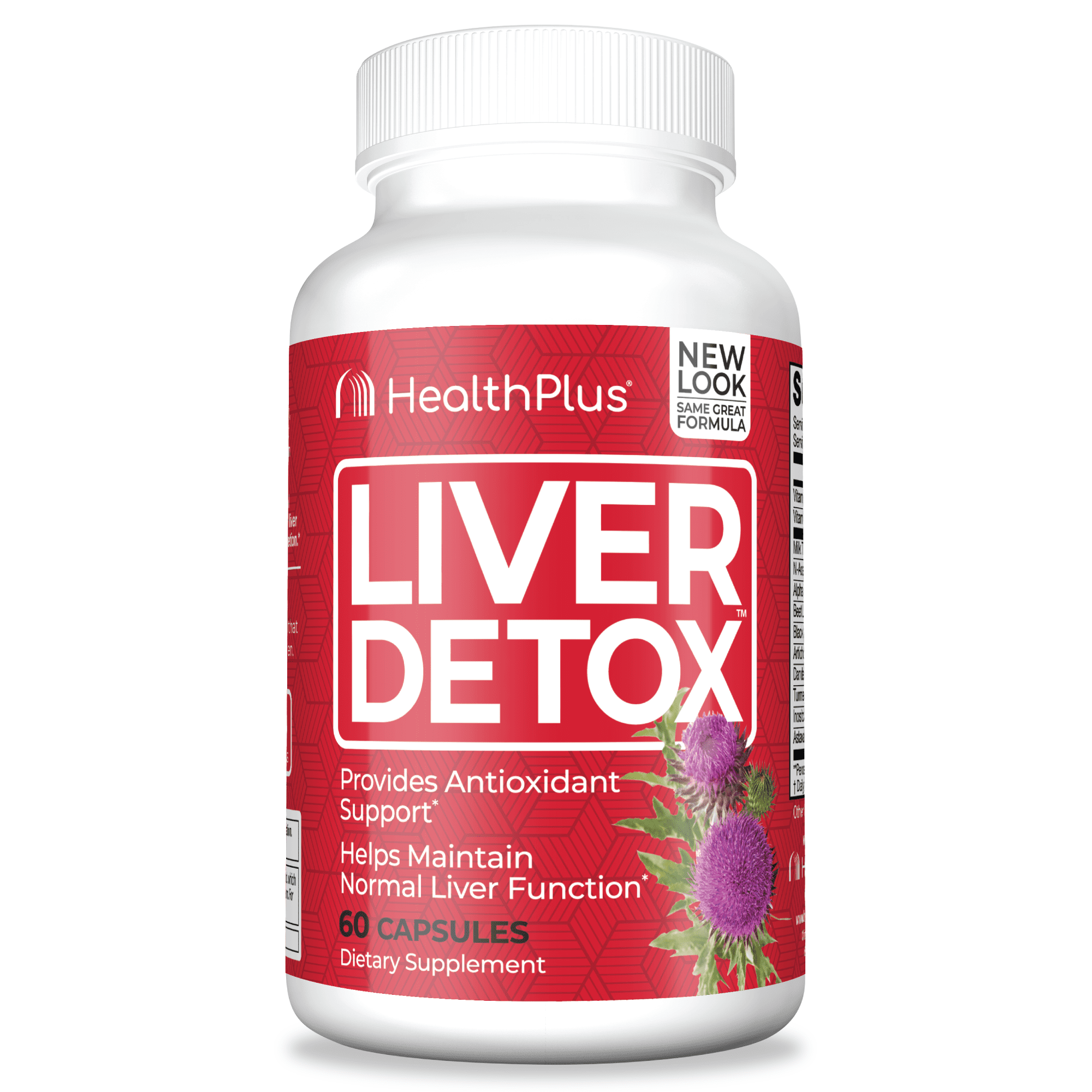"Medical Treatments for Liver Cirrhosis: What You Need to Know" Things To Know Before You Buy

Liver cirrhosis is a constant liver disease that causes damages to the liver, leading to scarring and impaired liver feature. The disease is identified by the formation of fibrous cells in the liver and can easily lead in a variety of conditions, featuring liver breakdown, portal hypertension, and an improved danger of developing liver cancer cells.
There are actually a number of reason of liver cirrhosis, featuring:
1. Chronic Alcohol Abuse: Excessive alcohol consumption over numerous years may trigger alcoholic cirrhosis. Alcoholic drinks damages the hepatocytes (liver cells), leading to swelling and scarring of the liver.
2. Persistent Viral Hepatitis: Hepatitis B and C are viral contaminations that may trigger constant hepatitis, which can lead to cirrhosis if left unattended.
3. Non-Alcoholic Fatty Liver Disease (NAFLD): This condition develops when excess fat builds up in the liver without any type of underlying alcohol abuse or viral infection.
4. Autoimmune Hepatitis: This is a rare health condition where the invulnerable body attacks healthy and balanced tissues in the liver, causing irritation and damages.
5. Inherited Diseases: Particular hereditary ailments like hemochromatosis (extreme iron build-up), Wilson's disease (copper collection), alpha-1 antitrypsin insufficiency (healthy protein shortage), etc., can easily lead to cirrhosis.
The signs of liver cirrhosis might not be obvious until notable damages has developed to the liver. Some typical symptoms feature:
1. Tiredness: Really feeling exhausted all the time
2. Jaundice: Yellowing of skin and eyes
3. Abdominal Pain: Discomfort or pain in upper-right abdominal area
4. Swelling: Swelling in lower legs or abdomen due to fluid collection
5. Scratchy Skin: Skin layer ends up being scratchy due to contaminants accumulation
6. Reduction of Appetite: Experiencing full promptly after eating little quantities
7.Weight Reduction : Rapid weight loss without any main reason
8.Nausea and Vomiting : Really feeling ill, being ill (vomiting)

9. Complication and moment concerns: Unsatisfactory focus, moment reduction, confusion
10. Bleeding and Bruising : Easy blemishing or bleeding due to reduced platelet counts
If you experience any of these symptoms, it is significant to speak to your doctor quickly. They might recommend some tests like blood tests, image resolution tests (ultrasound examination or CT scans), liver examination to examine the liver function and diagnose cirrhosis.
In conclusion, understanding the source and signs and symptoms of liver cirrhosis is critical for very early detection and treatment. While More In-Depth like genetics can easilynot be changed, others like alcoholic drinks consumption can easily be reduced to reduce the danger of developing cirrhosis. It is important to keep a healthy and balanced way of life through eating a balanced diet, exercising frequently and staying clear of too much liquor consumption to maintain the liver healthy and balanced.
Additionally, people with constant hepatitis B or C need to acquire routine check-ups and therapy to prevent liver cirrhosis. NAFLD may be protected against by keeping a healthy and balanced weight and managing other health ailments like diabetes and high cholesterol levels. Autoimmune hepatitis requires health care treatment to take care of the signs and avoid more harm to the liver.
Very early medical diagnosis of liver cirrhosis can easily raise the opportunities of effective procedure and improving the premium of lifestyle. Treatment possibilities for cirrhosis include drugs, way of life modifications, and in intense scenarios, liver hair transplant. Nonetheless, avoidance is consistently far better than cure when it happens to liver health.
In conclusion, liver cirrhosis is a major condition that requires early diagnosis and suitable management. Understanding the source and signs and symptoms of this health condition may aid individuals take required actions towards stopping or dealing with it properly. Maintaining a healthy lifestyle, receiving frequent check-ups if at threat for building cirrhosis, looking for clinical interest if experiencing any sort of symptoms are some ways to maintain your liver healthy.
